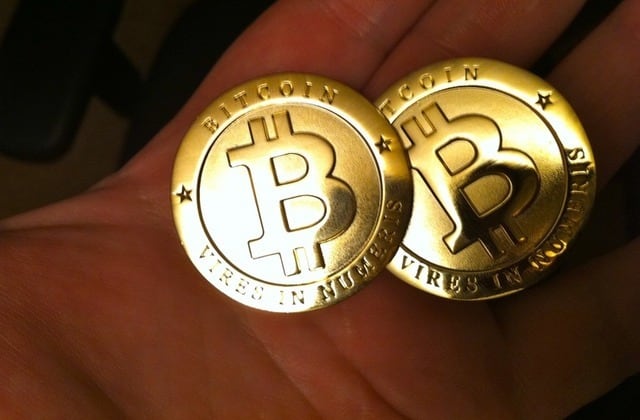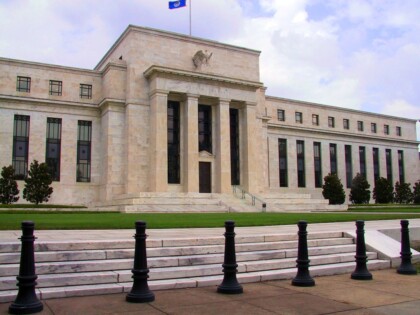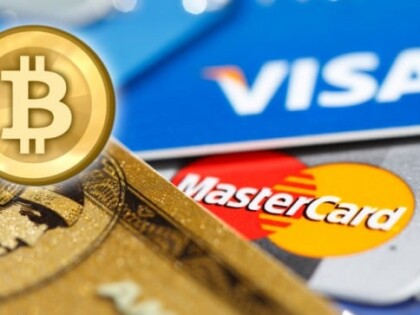
For quite some time, Argentina has suffered from extreme bouts of inflation as well as damaging economic policies that include price controls and production quotas. This has led Argentines to get out of the peso and seek other assets in order to protect their wealth; some have bought luxury cars, while others are buying bitcoins.
In light of this, the Banco Central De La Republica Argentina (Argentina’s central bank) issued a statement warning about the inherent risks that peer-to-peer decentralized virtual currencies, including bitcoin, pose to consumers everywhere.
The latest consumer advisory and investor alert reiterated what so many other central banks worldwide have noted before: digital coins are not issued or backed by the central bank or any other government authority, they are not legal tender and they have been associated with illicit activity.
“Internationally, however there is still no consensus on the nature of these assets, various authorities have warned of [their] possible use in money laundering operations and various types of fraud,” the central bank stated in its report.
Bitcoins, according to the central bank, which posted a similar guidance in November, experience enormous price volatility and no monetary policy measure or government legislation can ensure that the prices remain the same. It concluded that the transaction risks “are supported exclusively by their users.”
Argentines Flocking to Bitcoins
The annual inflation rate in Argentina is roughly 25 percent, but independent economists and organizations have previously pegged that number at 100 percent. After being pressured into undergoing economic reforms by the International Monetary Fund (IMF) in order to regain the confidence of financial markets, Argentina’s inflation data is still being questioned by many in the finance community.
Due to the ramifications of Argentina’s inflationary policies, the net worth of citizens has diminished while the cost of food, gas and other household items has soared. There has been quite a reaction, though.
It was reported last year that Argentines are purchasing anything that has some sort of value: gold, cars, houses and bitcoins. Although bitcoin transactions only account for less than one percent of Argentine’s foreign exchange sector, the numbers continue to grow each month.
“Some Argentines are willing to take very risky investments and bet on this thing which feels almost like a Ponzi scheme because they feel their options locally are even more dangerous,” Claudio Loser, a former director at the International Monetary Fund, said in an interview with Bloomberg News. “They don’t see an easier way to save money.”
Of course, Argentines are paying a high price to obtain non-peso assets, even the middle-class. Despite this, it has been estimated that more than $80 billion has left the country over the past six years and the government and local authorities are cracking down on the black market to circumvent this enormous sum of money from exiting the system.







